Jamie Thork, Monster contributor, Monster.com
If you just lined up your first job interview, that means your resume stood out and the employer is curious if you’re the right fit. Your resume wowed them with your experience and skills, now you need to put it all in context and convince them you’re the best candidate. Easier said than done? Nah, this doesn’t have to be so hard.
Monster teamed up with career advice guru and social influencer Julian Parra to determine the four things you need to do before your first job interview to make sure you’re prepped and ready to nail it.
After hearing about how millions of people were losing their jobs because of COVID-19, Julian started posting career development tips and tricks on social media, and since then has grown his following on TikTok and has been featured on the New York Times and Buzzfeed.
These first job interview tips can take some of the weight off your shoulders so you come off sounding as smart and eager as you truly are. As Julian always says, “Let’s get it!”
A Guide to Your First Job Interview
1. Research the Company and Your Interviewer
Doing your research is a sure-fire way to feel prepped and confident going into your first interview. What exact research should you be doing? Go on the official company website and make sure you study the following information about the company:
- Its mission and values
- the main products or services it sells
- the people in key leadership roles
Knowing about these topics will demonstrate to them that you actually care about this opportunity and that you came prepared.
Looking for extra credit? Brush up on the company’s history, culture, recent news, and any of its recent achievements as an organization. These can offer great topics for introductory conversations while you’re waiting for the interview to start.
For example, if you’re meeting with someone in HR, you could say something like, “I noticed that [company] was just awarded one of the best places to work. You must be happy with that recognition.” You just showed off your research skills and you opened up an opportunity for them to tell you more about the company’s culture.
Here’s another pro tip: When you schedule your first job interview, ask who will be at the interview and then research them online to learn more about their current role and their career development. Look at what their official job title is, what kinds of tasks do they do on the day-to-day, how long they’ve been in their current role, and what kind of expertise they have. At the end of the interview, ask them relevant questions about who they are, which leads us to the next tip.
2. Practice Your Interview Answers
Being well prepared is of the utmost importance. First, you can more or less guess what kinds of questions they’ll ask, like
- Tell me about yourself
- Tell about one of your strengths and weaknesses
- Why should we hire you?
Second, gather a few of your past professional and relevant experiences, and relate them to the main skills and qualifications as listed in the job description. Think about times in which you drove valuable results for your team, demonstrated leadership, overcame challenges, or any other achievements that you think the interviewer would be interested in hearing about.
Next, structure those stories using a framework like SOART, which is an acronym for Situation, Obstacle, Action, Result, and Takeaways. So, when you’re still preparing, simply jot down bullet points of the situation, task, action, and result of your experiences, and practice telling the story in front of a mirror, sharing only the most relevant and important information.
Practicing in this manner will help you grow more confident in your capabilities and turn the interview into more of a conversation.
3. Come Prepared with Questions
Coming to your first job interview prepared with thoughtful questions shows that you truly care about this opportunity. Don’t ask questions that you could have easily looked up yourself. Instead, ask your interviewer questions about their career development journey, how they think certain trends may be affecting their industry, or their perspective on recent company news.
Some examples to get you started can include the following:
- What is it about the company or role that has kept them that long at that company?
- What are some common challenges people face when starting out in that role?
- What are some ways they can overcome these challenges?
- What distinguishes an average employee from an exceptional and high-performing employee?
4. Dress for the Occasion
Regardless of whether or not you’re interviewing in person or virtually, it is so important for you to dress professionally. Although different industries have different standards, and each company has its own culture, you want to present yourself in a clean, professional way.
Business professional attire for men should include a navy blue or grey suit with a matching tie. This is a must for legal, finance, or business services. You may have some wiggle room on the tie at a tech startup or marketing agency. Pair it with a simple colored button-down shirt and a dark-colored belt that matches your oxford or loafer shoes.
Business professional attire for women can include a button-down shirt or blouse with a blazer, a skirt or slacks, and polished, closed-toe heels, flats, or loafers.
All in all, regardless of gender, be sure to pick tasteful and fitted clothing. Stay away from anything with oversized logos, overly distracting colors or patterns, or clothing with profanity. How you dress for an interview reflects your professionalism, so keep this in mind moving forward. You got this!
Graham Personnel Services is here to help you with your job searching needs! Feel free to call or text us at 336-288-9330 with any questions and to get started on your next great opportunity.

